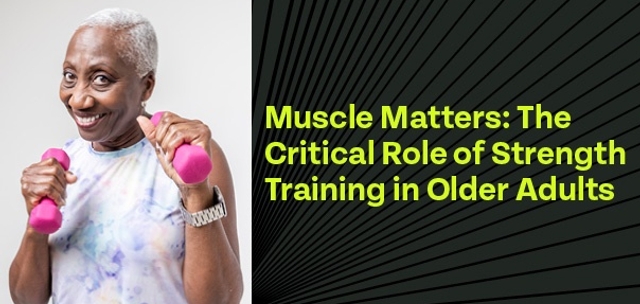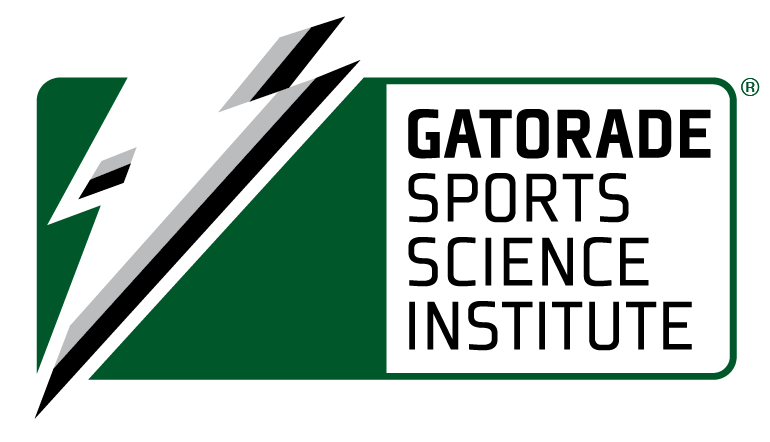To listen to advertisements for preworkout products, sports drinks, electrolyte replacers and recovery beverages, you’d think every person who exercises needs to worry about maintaining optimal fluid and electrolyte balance for every workout. While there’s no harm in vigilantly replacing sweat losses, please rest assured: Most fitness exercisers and athletes who train for less than 60-90 minutes a day in normal weather conditions are unlikely to become dehydrated or depleted of electrolytes. That’s most of us!
However, certain athletes should pay close attention to maintaining a proper fluid and electrolyte balance, including long-distance cyclists, marathoners, triathletes and other endurance athletes who train in the heat for extended periods of time. So should soccer players during a hot-weather tournament, competitive tennis players baking on sunny tennis courts, football players training in full uniform during hot weather and athletes who simply sweat a lot. (Some athletes sweat more than others; sweat rates vary widely!)
Dehydration can happen during one bout of intensive exercise; other times, it sneaks in over the course of several days of hot weather. The longer your exposure to heat, the greater your risk of becoming dehydrated. That’s why soldiers, construction workers and gardeners who are exposed day after day to hot weather should have a fluid plan that contributes to a need to urinate at least every four hours. The goal is to lose no more than 2% of your body weight during a workout. That’s three pounds of sweat for a 150-pound athlete (as calculated from pre- and post-exercise weigh-ins). Minimizing dehydration during exercise contributes to a far easier recovery. Post workout, you’ll feel better and have more energy the rest of your day. No need to feel zapped!
The following hydration facts and fallacies can help you better survive training and competing in today’s hotter climate.
1. Being well hydrated makes exercise feel easier.
Your body functions best physically and mentally when it is in fluid and electrolyte balance — not underhydrated and certainly not seriously dehydrated.
2. When you exercise dehydrated, your muscles, heart, lungs and brain function less efficiently.
These negative effects get amplified by heat and your performance will decline. In a study with cyclists who biked for two hours in the heat, those who drank too little and lost 2% of their body weight reported higher heart rate, perceived effort and glycogen use compared to the 1% dehydrated cyclists. Interestingly, many top marathoners lose 5-6% of their body weight (a gallon of sweat!) during a marathon. Would they perform even better if they could drink more?
3. We cannot adapt to dehydration; we only adjust to the feeling of being dehydrated.
That is, if from time to time you train underhydrated, you will become familiar with —and potentially get used to — how it feels. But the far wiser path is to learn to prevent dehydration by matching sweat losses with fluid intake. Practice doing this during training sessions!
4. Your desire to drink is controlled by feedback loops that make you feel thirsty (or not).
The feedback is based on losses of water and sodium from the kidneys. Tanking up two hours before exercise allows time for the kidneys to process and eliminate the excess before you start to exercise. During exercise, kidneys conserve water and produce less urine; hence, you’ll experience less of an urge to urinate.
5. The right balance of body fluids inside and around cells gets regulated by electrolytes such as sodium and potassium.
The concentration of sodium in your blood actually increases during exercise because you lose proportionately more water than sodium — unless you overhydrate by drinking too much plain water during extended exercise. (Bad idea!) The more you train in the heat, the less sodium you lose because your body learns to conserve sodium (and other electrolytes).
6. An effective way to help maintain fluid and electrolyte balance is to consume about 500 milligrams of sodium 90 minutes before you start to exercise in the heat.
That’s as simple as adding extra salt to pre-exercise oatmeal, eggs or potatoes before you exercise in the heat. Doing so will help retain fluid, delay dehydration and enhance endurance.
7. In general, commercial electrolyte replacers are more about convenience than necessity.
Real foods like olives, pickles and crackers with cheese after a sweaty workout can “work” as well as a commercial product. You just need to plan ahead and buy the salty foods so they are readily available. And if you think that might not happen, that’s where the electrolyte products can come in handy.
8. Athletes who sweat heavily might lose about 500 to 700 mg sodium in an hour of vigorous exercise.
And while a sports drink is handy during exercise, real foods offer more sodium afterwards.
| Commercial Options | Sodium (mg) | Salty Foods | Sodium (mg) |
| Electrolyte water, 8 oz | 120 | String cheese, 1 stick | 220 |
| Sports drink, 8 oz | 110 | Beef jerky, 1 oz | 600 |
| Electrolyte gel, 1 packet | 125 | 1/4 tsp. salt | 600 |
| Electrolyte tablet, 1 tablet | 150 | Broth, one bouillon cube | 1,020 |
9. In a study with subjects who drank either whole milk, skim milk, orange juice or a commercial electrolyte replacement solution, the beverages that best retained fluids were whole and skim milk.
That’s because milk has a strong electrolyte content and rehydrates better than a low-electrolyte beverage (i.e., plain water). Carbs, along with electrolytes, further stimulate rapid fluid absorption. For post-exercise recovery, chocolate milk is an excellent carb-electrolyte choice. Plus, it also offers protein to help repair and build muscle. And most importantly, it’s yummy. Let’s drink to that!

Boston-area sports nutritionist Nancy Clark, MS, RD, CSSD, counsels both fitness exercisers and competitive athletes. Her bestselling Sports Nutrition Guidebook is a popular resource for answering your food questions. Visit NancyClarkRD.com for more information.
Banner image courtesy of Ilona Frey via Unsplash.





